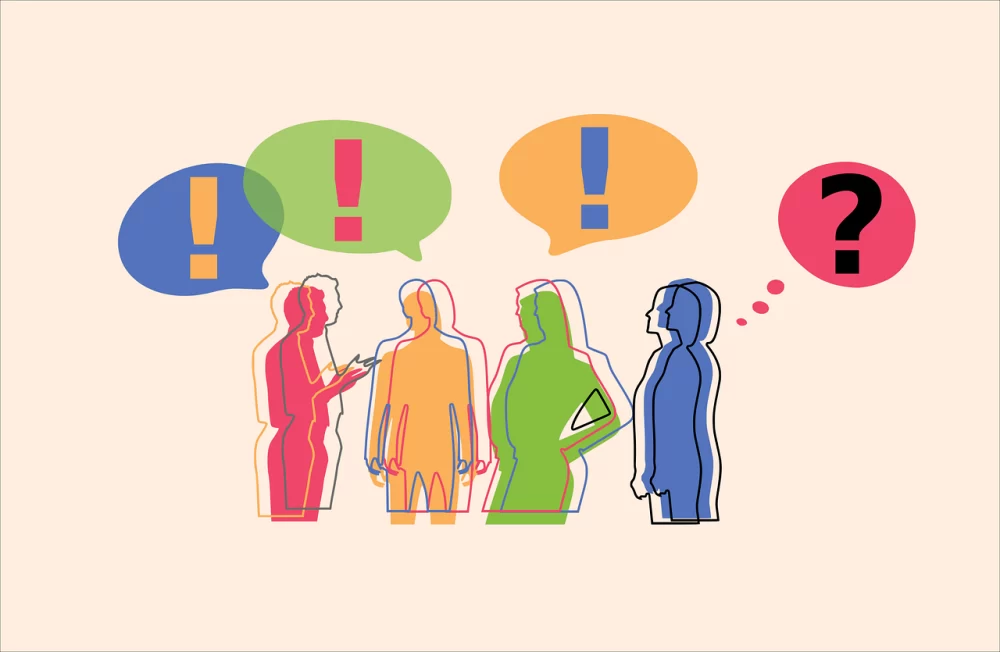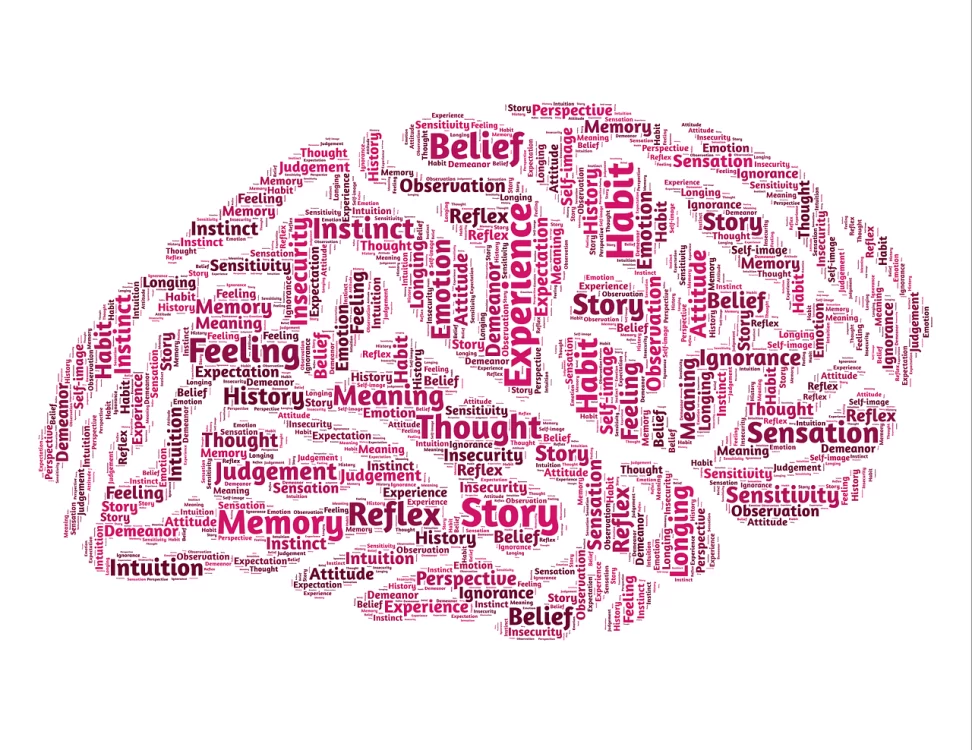Chromesthesia: The blending of sounds and color
Kanye West, Billie Eilish, Lorde, Pharell Williams, and many other talented artists all share a unique characteristic that enhances their abilities: synesthesia. Defined as a perceptual phenomenon where two or more senses are connected that allow the individual to experience their sensations differently than most, synesthesia is an idiosyncratic phenomenon. There have been documented experiences […]
Chromesthesia: The blending of sounds and color Read More »








